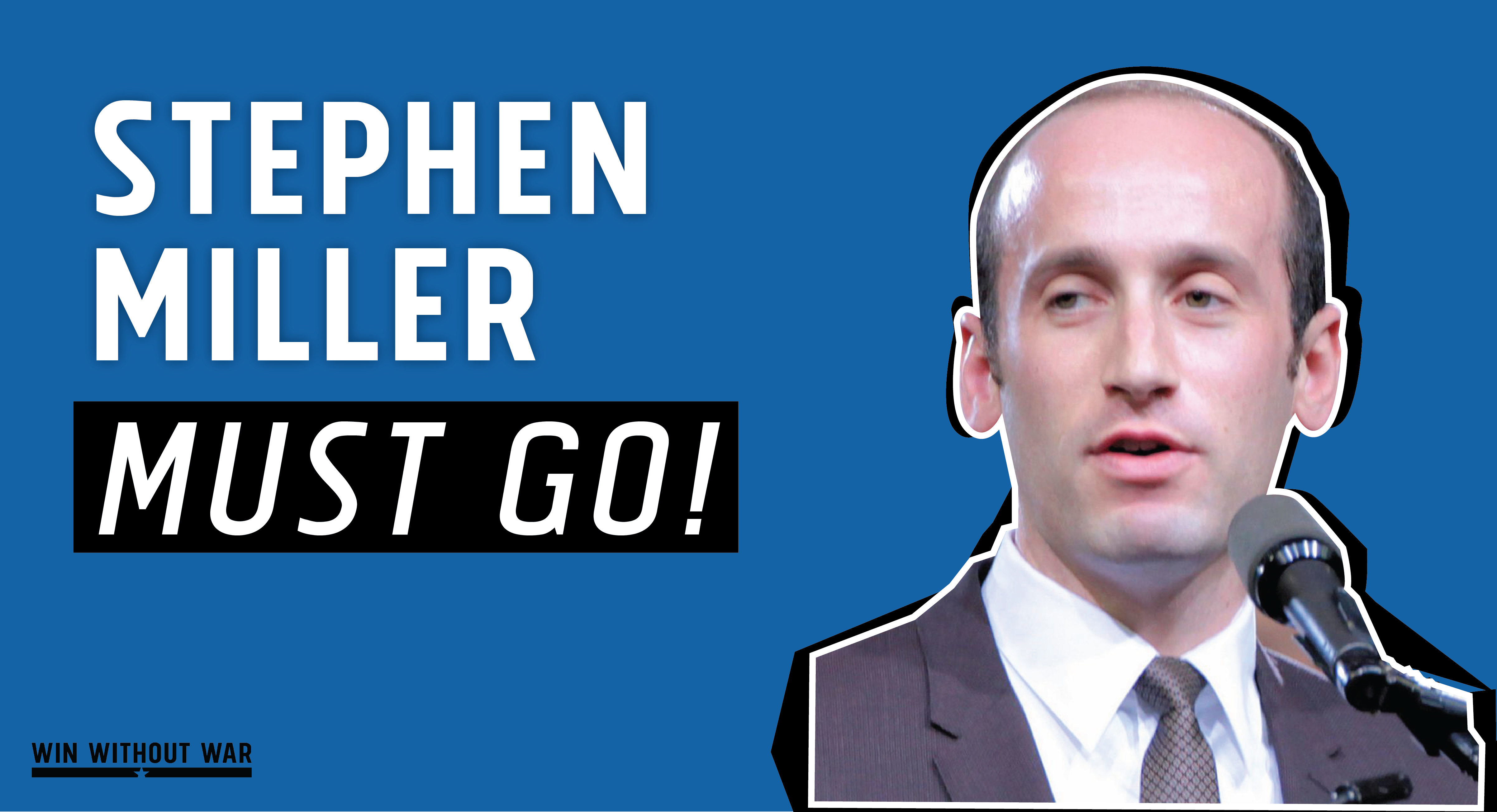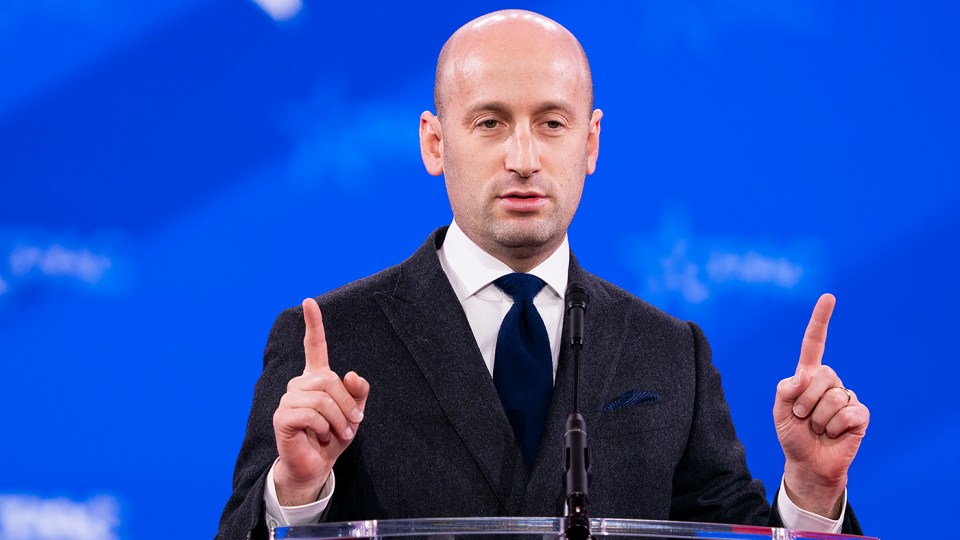Meta Faces FTC In Monopoly Trial: Defense Now Takes Center Stage

Table of Contents
The FTC's Case Against Meta
The FTC's case hinges on two primary pillars: allegations of anti-competitive acquisitions and claims of market dominance coupled with exclusionary conduct. These claims aim to demonstrate that Meta leveraged its power to stifle competition and harm consumers.
-
Allegations of Anti-Competitive Acquisitions: The FTC argues that Meta's acquisitions of Instagram and WhatsApp were not simply strategic moves, but rather deliberate actions to eliminate nascent competitors. They contend that these acquisitions stifled innovation and reduced consumer choice. The FTC’s evidence includes internal Meta communications, market share data demonstrating a significant reduction in competition post-acquisition, and expert testimony on the competitive landscape before and after the acquisitions.
-
Claims of Market Dominance and Exclusionary Conduct: The FTC defines the relevant market as social networking, highlighting Meta's overwhelming market share with Facebook, Instagram, and WhatsApp. They allege that Meta engaged in exclusionary conduct, potentially including leveraging its data advantages to disadvantage smaller competitors. This dominance, the FTC argues, translates to less innovation and a lack of viable alternatives for users.
-
Impact on Innovation and Consumer Choice: Central to the FTC’s argument is the assertion that Meta's market dominance stifles innovation. By eliminating potential competitors through acquisitions and employing exclusionary practices, the FTC contends that Meta prevents the emergence of new social networking platforms, limiting consumer choice and potentially leading to higher prices or reduced service quality in the long run. The lack of robust competition, they argue, harms consumers and slows down technological advancements in the social media space.
Meta's Defense Strategy
Meta's defense is multifaceted, aiming to directly challenge the FTC's claims on several fronts. This includes redefining the relevant market, justifying the acquisitions as pro-competitive, and refuting claims of anti-competitive conduct.
-
Challenging the Definition of the Relevant Market: Meta argues that the market is far broader than just social networking. They contend that the relevant market should include various communication platforms, such as messaging apps, email providers, and even video conferencing services. By broadening the definition of the market, Meta aims to significantly reduce its apparent market share and weaken the FTC’s claim of dominance.
-
Justification of Acquisitions as Pro-Competitive: Meta's defense maintains that the acquisitions of Instagram and WhatsApp were pro-competitive, arguing these platforms benefited from integration with Meta's existing infrastructure and resources. They claim these acquisitions fostered innovation by allowing for the development of new features and functionalities that would not have been possible otherwise. They highlight the success and growth of both platforms under Meta’s umbrella.
-
Refuting Claims of Anti-Competitive Conduct: Meta vigorously denies engaging in anti-competitive practices. They present evidence to showcase fair competition and highlight the numerous benefits their services offer to users and businesses. Their defense centers on demonstrating the inherent value and competitive advantages of their platforms, arguing that their success is a result of innovation and consumer preference, not anti-competitive behavior.
Expert Testimony and Evidence
The trial has featured extensive expert testimony from both sides, analyzing market share data, examining user behavior, and evaluating the impact of Meta's actions on the competitive landscape. The weight and credibility of this evidence will be critical in the judge's final decision. Key pieces of evidence include internal Meta documents, financial records, and expert reports analyzing the competitive dynamics of the social networking and digital communication markets. The credibility of these experts and the strength of their analyses will significantly influence the court's assessment of the case.
Conclusion
The Meta vs. FTC monopoly trial is a landmark case with significant implications for the future of digital markets and antitrust regulation. The outcome will shape how tech giants are regulated and how competition is fostered in the increasingly concentrated digital landscape. Meta's defense strategy, which directly challenges the FTC's definition of the market and the characterization of their acquisitions, is crucial in determining the verdict. The judge's ruling, and any subsequent appeals, will continue to shape the future of the Meta monopoly case and the broader tech industry. Stay informed on this evolving legal battle and its impact on the digital world.

Featured Posts
-
 Gonsolins Solid Performance Fuels Dodgers Five Game Winning Streak
May 18, 2025
Gonsolins Solid Performance Fuels Dodgers Five Game Winning Streak
May 18, 2025 -
 Kanye West Releases New Track Featuring Diddy And North West Amidst Kim Kardashians Opposition
May 18, 2025
Kanye West Releases New Track Featuring Diddy And North West Amidst Kim Kardashians Opposition
May 18, 2025 -
 The Positive Economic Ripple Effect Of Huge Rave Events
May 18, 2025
The Positive Economic Ripple Effect Of Huge Rave Events
May 18, 2025 -
 Carrie Underwoods Actions Towards Taylor Swift A Source Speaks Out
May 18, 2025
Carrie Underwoods Actions Towards Taylor Swift A Source Speaks Out
May 18, 2025 -
 This Weeks Must Hear Albums Ezra Furman Billy Nomates And Damiano David
May 18, 2025
This Weeks Must Hear Albums Ezra Furman Billy Nomates And Damiano David
May 18, 2025
Latest Posts
-
 The Implications Of Stephen Millers Potential Nsa Appointment
May 18, 2025
The Implications Of Stephen Millers Potential Nsa Appointment
May 18, 2025 -
 Is Stephen Miller The Right Choice For A National Security Position
May 18, 2025
Is Stephen Miller The Right Choice For A National Security Position
May 18, 2025 -
 The Stephen Miller Nsa Speculation A Closer Look
May 18, 2025
The Stephen Miller Nsa Speculation A Closer Look
May 18, 2025 -
 Will Stephen Miller Be Trumps Choice For National Security Advisor
May 18, 2025
Will Stephen Miller Be Trumps Choice For National Security Advisor
May 18, 2025 -
 New Jersey Mikes Subs Restaurant Opens In Galesburg
May 18, 2025
New Jersey Mikes Subs Restaurant Opens In Galesburg
May 18, 2025
